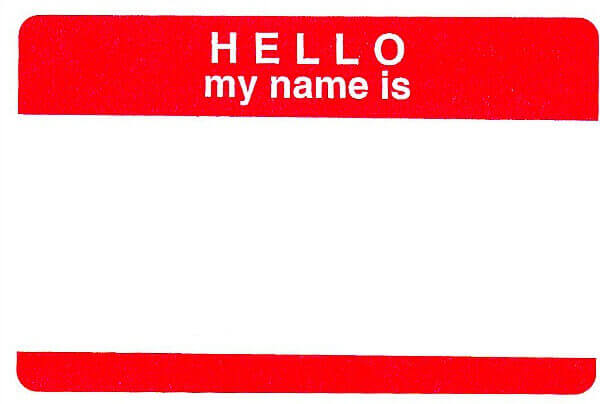One of the first steps to marketing any website is to research appropriate keyword targets for link building, on-page optimization, and social media exploits. Of course, it’s also one of the areas where most new SEO professionals make the most (and the biggest) mistakes. Many new web developers simply state that they’d like to “rank number one.” My first question is always “for what?”
It should go without saying that keywords are what drive search engine rankings. Your site could rank rather well overall for multiple keywords, but the main focus is on intelligent keyword targets with adequate traffic to secure visitors, and little enough competition to give you a chance to compete with other websites trying to rank for those same keywords.
So how do you determine the right keywords for a SEO marketing campaign? How can you use the Google Adwords Keyword Tool effectively to nail solid keyword targets for your website?





